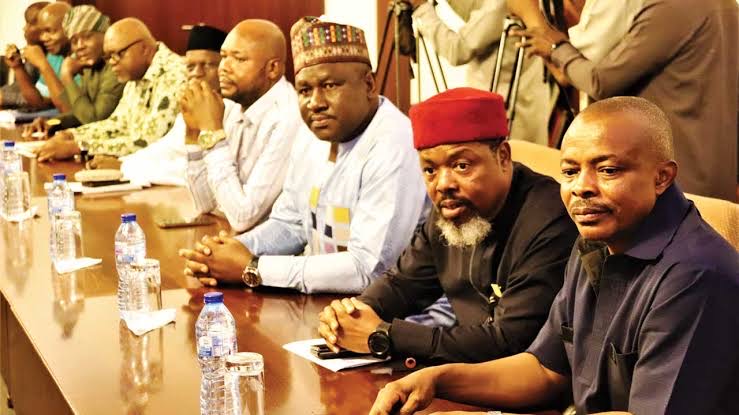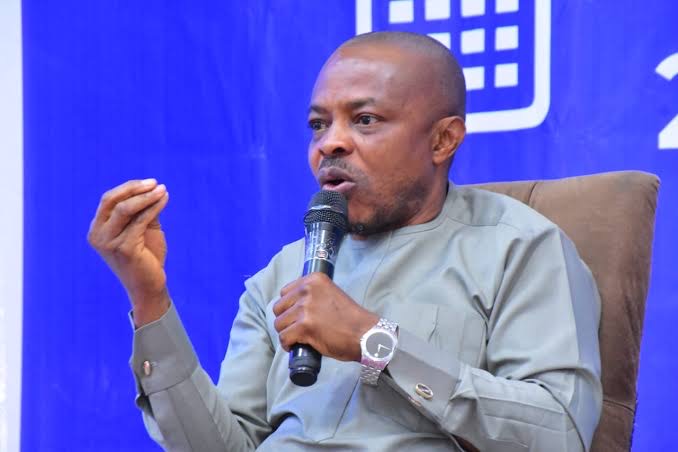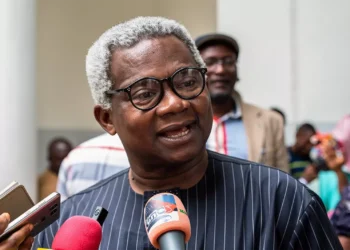Joe Ajaero, the President of the Nigeria Labour Congress (NLC), has advised President Bola Tinubu to engage with leaders planning protests due to widespread hardship in the country. Ajaero emphasized that protesting is a right and urged the government to listen to citizens’ grievances.
In a statement from Abuja on Monday, Ajaero acknowledged that millions of Nigerians are frustrated with the state of the economy. He pointed out that many families struggle to afford even one meal a day, with some resorting to extreme measures like eating from garbage bins.

Ajaero referenced a recent report by the National Bureau of Statistics (NBS) which found that about 133 million Nigerians live in extreme poverty. He also cited the International Rescue Committee (IRC), which reported that 32 million Nigerians faced severe hunger in the first three quarters of 2024. Combined with high unemployment rates, Ajaero described the situation as causing immense hardship, pain, and despair for many Nigerians.
He stressed that labeling these protests as politically motivated undermines the genuine grievances of the people. Ajaero argued that citizens have the right to protest peacefully to express their dissatisfaction with the government’s policies.
He expressed empathy for those affected, such as unemployed youths and struggling families, urging understanding of their frustrations. Ajaero emphasized that during such difficult times, the government must respect Nigerians’ right to voice their concerns.

Ajaero also highlighted recent protests organized by the Nigeria Labour Congress against government policies that have exacerbated economic hardship. These policies include hikes in fuel prices, electricity tariffs, and user fees for public services.
In a cautionary tone to the Federal Government, Ajaero emphasized that hostility toward protesters would not solve the underlying issues faced by Nigerians. He called on President Tinubu to initiate dialogue with protest leaders to address their grievances.
“These are challenging times. Nigerians are angry and demand to be heard,” Ajaero stated. He urged the government to engage in constructive dialogue rather than confrontational approaches.
In conclusion, Ajaero emphasized the importance of timely action to prevent further escalation of grievances. He called for solidarity and understanding to navigate through these difficult times.




































